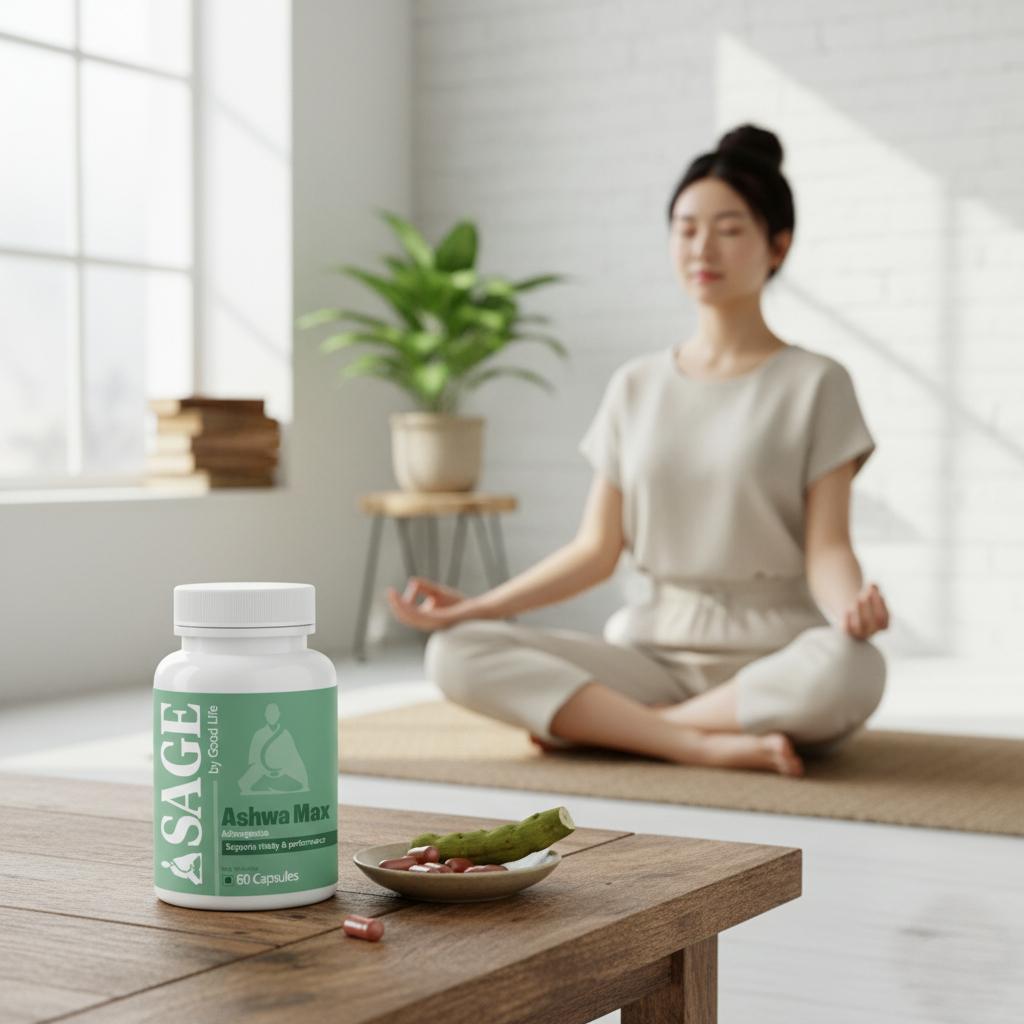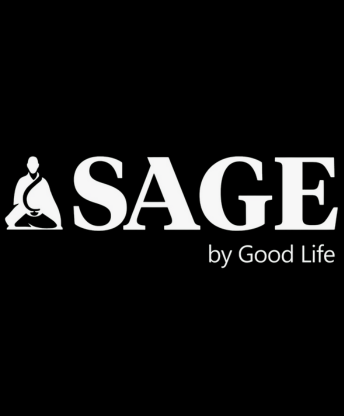
Ashwagandha: Ancient Wisdom, Modern Stress Relief
Share
Few herbs have bridged the gap between ancient tradition and today’s clinical science quite like ashwagandha (Withania somnifera). Revered in Ayurveda for thousands of years as the “Prince of Herbs,” ashwagandha’s enduring reputation for building resilience and restoring vitality is now being embraced by a new generation in the face of rising modern stress.
Ancient Roots: Ashwagandha in Ayurveda
Ashwagandha's journey begins in the heart of Indian traditional medicine, referenced as early as 6000 BC in foundational Ayurvedic texts like the Charaka Samhita and Sushruta Samhita. Regarded as a powerful Rasayana (rejuvenator), ashwagandha was administered to support longevity, youthful vigor, and the delicate balance between mind, body, and spirit. Its name combines “ashwa” (horse) and “gandha” (smell), alluding to the root’s odor and its promise to impart the stamina and strength of a stallion.
Ayurvedic practitioners turned to ashwagandha for:
- Rejuvenating energy and combating fatigue
- Calming the mind and alleviating stress
- Enhancing cognitive clarity and memory
- Supporting immune resilience and graceful aging
Yoga adherents historically consumed ashwagandha in warm milk to enhance both physical endurance and meditative calm, cementing its status as a holistic tonic for body and mind.
Modern Challenges: The Age of Chronic Stress
While ancient stressors revolved around physical threats and periodic hardship, today’s world is defined by relentless daily pressures digital overload, work deadlines, societal instability, and information fatigue. Surveys find that nearly 80% of adults feel stress affects their health, with symptoms spanning insomnia, fatigue, inflammation, and emotional burnout.
Unlike fleeting anxieties, chronic stress reprograms the body’s adaptation mechanisms, raising cortisol (the body’s “stress hormone”) and contributing to adrenal exhaustion, mood swings, brain fog, and even accelerated aging. As people seek effective, natural solutions rooted in tradition but validated by science, ashwagandha is seeing an unprecedented global resurgence.
Ashwagandha: Nature’s Adaptogen for Modern Living
Adaptogen is the word most closely associated with ashwagandha, a unique class of botanicals known for their ability to help the body adapt to physical, mental, and emotional stress. Modern research confirms the many ways ashwagandha helps mediate the body’s stress response:
- Regulates Cortisol: Clinical studies demonstrate that ashwagandha can lower elevated cortisol and balance its daily rhythm, helping keep you energized by day and calm by night.
- Reduces Anxiety and Stress: Meta-analyses and multiple randomized controlled trials show significant improvements in perceived stress scores and anxiety when compared to placebo. Benefits generally appear with 125-600mg of ashwagandha extract taken daily for 30-90 days.
- Supports Mood and Emotional Resilience: Withanolides, the herb’s key active compounds, have been shown to enhance GABA signaling in the brain, soothing runaway thoughts and promoting a sense of calm stability.
- Improves Sleep Quality: Ashwagandha not only alleviates the underlying stress that impairs restful sleep but may directly support deeper, more restorative sleep.
Additional Holistic Benefits
Ashwagandha’s effects are not limited to stress reduction. As research continues, further benefits are substantiated, including:
- Boosting Immunity: Traditionally, ashwagandha’ s role as an immune fortifier has been confirmed by studies showing enhanced natural killer cell activity.
- Cognitive and Memory Support: Compounds in ashwagandha counteract oxidative stress in the brain, supporting better focus, sharper memory, and lower mental fatigue.
- Physical Performance: Ashwagandha is used to support muscle recovery, strength, and stamina, with benefits for both athletes and those facing day-to-day physical stress.
- Thyroid and Hormonal Balance: Some research suggests ashwagandha may benefit underactive thyroid and hormonal wellness, but medical supervision is advised in such cases.
Dosage, Safety, and Real-World Use
- How to Use: Most clinical trials use dosages between 250-600mg/day of a standardized root extract, though traditional preparations often include powder in milk. The effects are cumulative, and benefits build over several weeks.
- Safety: When used appropriately, ashwagandha is well-tolerated. Mild side effects can include digestive upset or drowsiness. Those who are pregnant, immunosuppressed, or on thyroid medication should consult their healthcare provider before use.
The Science Speaks: Clinical Results in Focus
A 2024 meta-analysis of nine clinical trials found significant reductions in participants’ stress and anxiety scores, as well as measurable decreases in cortisol, when ashwagandha was taken daily for 30-90 days. Another major systematic review supports these results, noting consistent yet modest reductions in stress and anxiety compared to placebo. Other studies highlight additional improvements in sleep, mood, and cognitive scores with regular intake.
While clinical evidence continues to mount, quality, dosage, and consistency remain essential for optimal results echoing Ayurvedic wisdom that the right herb, in the right dose, given to the right individual, is key.
Final Thoughts: Bridging Past and Present
Ashwagandha’s power lies in its timeless adaptability: what once restored ancient warriors, sages, and scholars, now fortifies the modern mind and body against the unique challenges of today. By bridging ancient wisdom with modern science, ashwagandha earns its reputation as a safe, versatile, and effective tool for stress relief and holistic wellness in a fast-changing world.
Before beginning any new supplement including ashwagandha, consult your physician, especially if you have ongoing health conditions or are taking other medication.





